Angus Taylor signals end to ad hoc energy intervention
The Morrison government has promised an end to ad hoc energy market intervention in a bid to spur investment in on-demand generation.
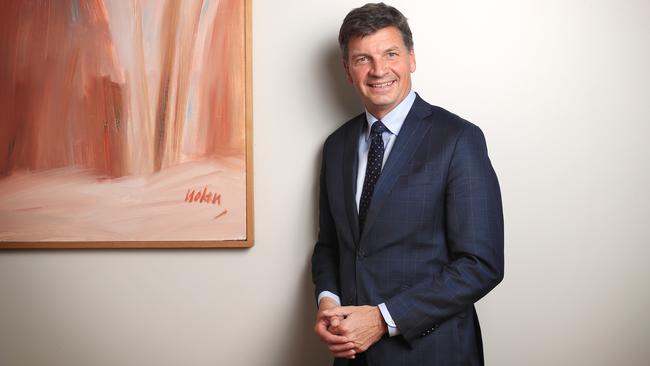
The Morrison government has promised an end to ad hoc energy market intervention in a bid to spur investment in on-demand generation amid a plan by pipeline giant Jemena to pursue a renewable gas target to boost the use of fuels including hydrogen.
Prime Minister Scott Morrison stoked division after the government’s decision to build a $600m gas plant in NSW’s Hunter Valley, with existing investors concerned intervention made it more difficult to weigh up and sanction investments, distorting signals for energy markets.
Energy Minister Angus Taylor will signal a change of stance on the government’s approach to move away from intervention and put the right market framework in place to guide new private investment.
“The driving principle is to make fit-for-purpose reforms to market design, rather than ad hoc interventions made necessary by developments in the past,” he will tell the Australian Energy Week conference on Tuesday.
Mr Taylor will say the Kurri Kurri gas plant is needed to fill a supply gap once the Liddell coal plant closes in 2022-23, noting it has been more than a decade since a new dispatchable generator was built in NSW and nine years since a large dispatchable plant was built in Victoria.
Longer-term it wants to focus on getting the right signals in place as part of post 2025 market reforms.
“Our market design must evolve to encourage new investment in the dispatchable capacity that we have long taken for granted,” Mr Taylor will say.
“This requires strong market signals that both encourage investment in new dispatchable generation to replace our ageing thermal generator fleet, and incentivise our existing thermal generators to remain in our market for as long as needed.”
Other proposals could include new markets that value and procure dispatchable generation, and focusing on value-for-money construction of new transmission.
One big investor in the gas sector, China and Singapore-owned Jemena, will issue a call to tap existing infrastructure to support zero-carbon gases such as hydrogen and biomethane in the mix.
The company, which owns $11 billion of gas, electricity and water assets, wants to roll out renewable gas using existing infrastructure as part of a goal to hit net-zero emissions by 2050 in a move to avoid expensive upgrades to the electricity sector.
Jemena will tell the conference a subsidy between $3 and $15 a gigajoule could allow the entry of significant amounts of renewable gas into Australia’s gas networks, which it says would be significantly less than the subsidy offered under the renewable energy target to the electricity sector, calculated at $22 per GJ.
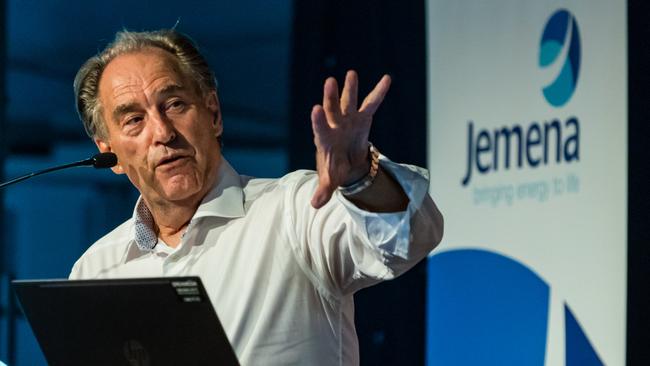
“From 2050, conservative estimates suggest Australian energy consumers can save anywhere between $12 billion to $14 billion per annum by simply utilising existing gas infrastructure to decarbonise our economy,” Jemena managing director Frank Tudor will say.
Jemena’s policy idea could hold merit, according to the Ai Group whose members include big manufacturers and industry.
“A thriving net-zero economy will require many technologies that are expensive today, like biogas and hydrogen,” Ai Group chief executive Innes Willox said.
“Renewable gases will get cheaper as they roll out and scale up, but that process could be very slow without a substantial policy pull. Jemena’s bold proposal should start a productive debate over the best way to fill that policy gap.”
Owned by China State Grid and Singapore Power, the Melbourne-based Jemena operates a gas network serving 1.4 million customers in NSW, a Victorian electricity base with 330,000 customers and infrastructure including the Northern gas pipeline linking the Northern Territory to Queensland. Jemena is also working on the inland Galilee pipeline to provide more gas to the east coast market.
Australia has had record investment in solar and wind with 6.3 gigawatts in 2019 and 7GW in 2020 and more than $15 billion spent, although Mr Taylor notes challenges ahead.
“The speed and scale at which variable renewables are coming online is causing disruption on level that we have never seen before,” he will say.
“Intermittent generation is causing increasing volatility in the wholesale electricity market.
This is making the grid more difficult to manage, creating volatile prices, and undermining the retention of less flexible dispatchable capacity.”


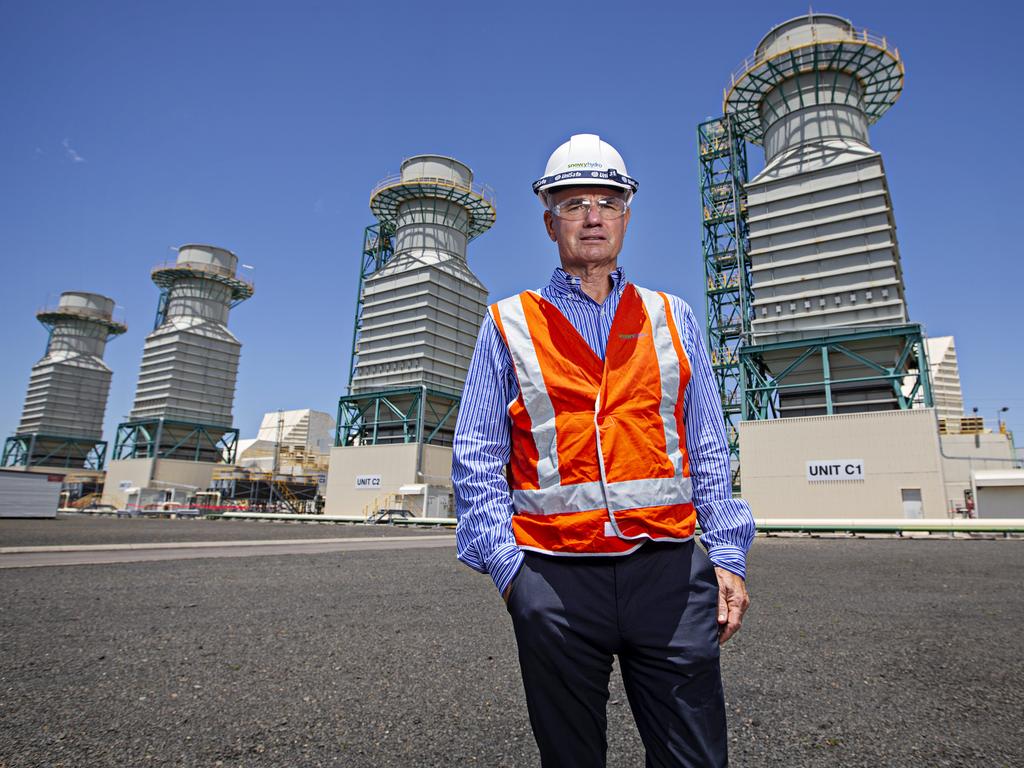
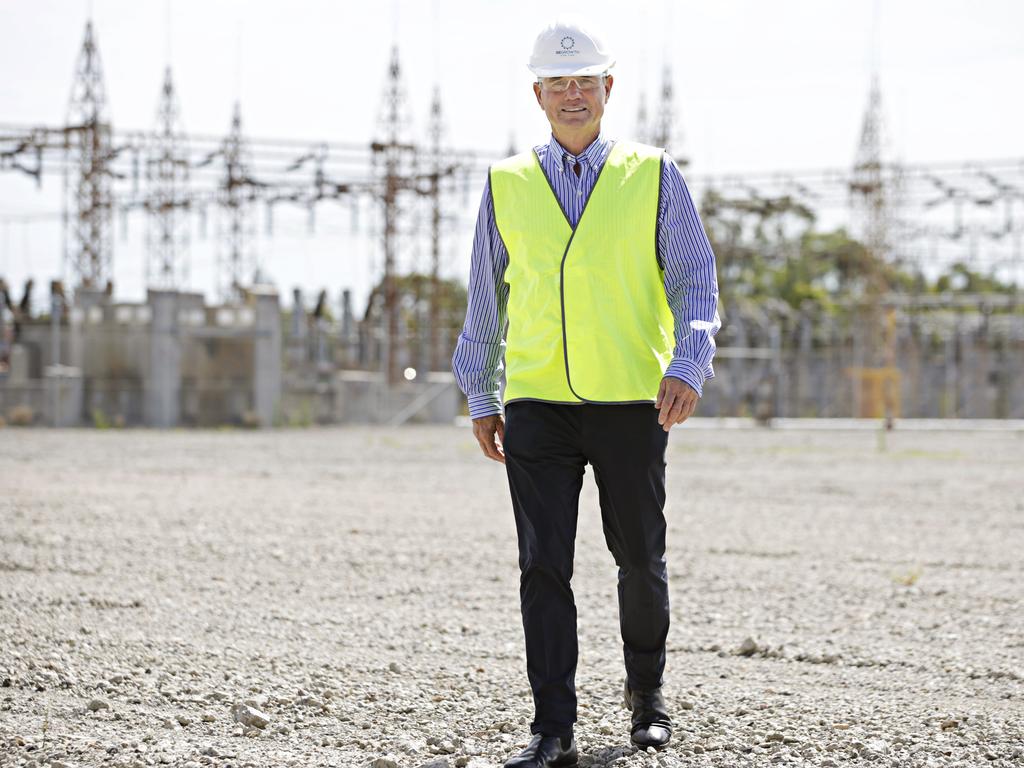

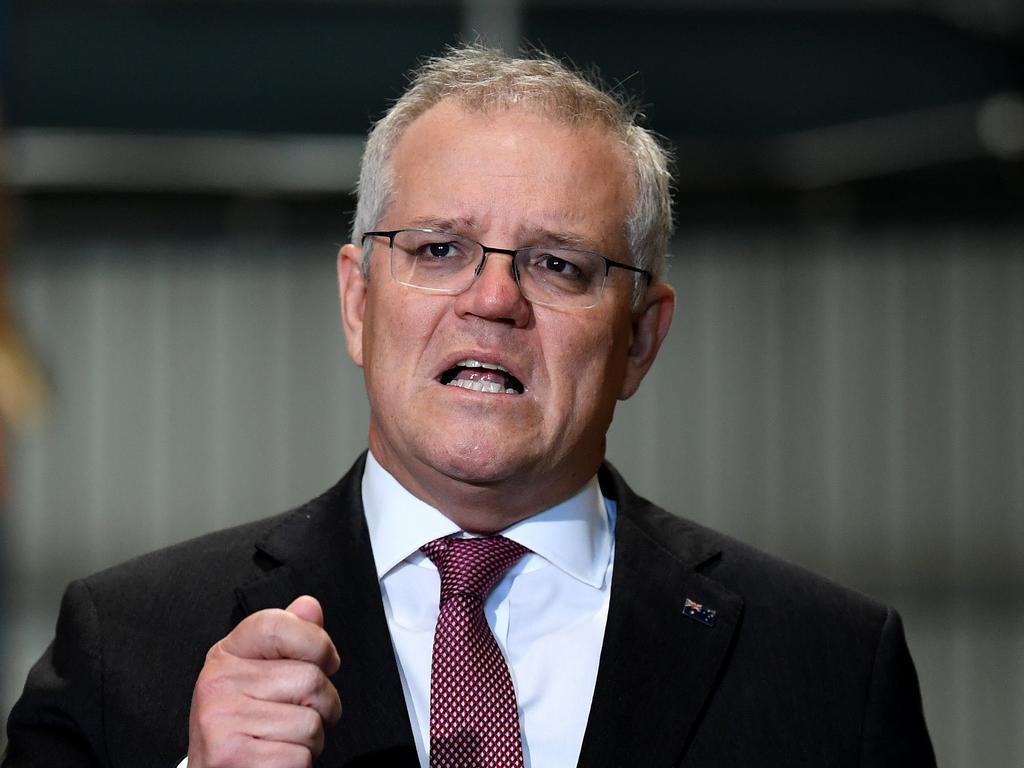
To join the conversation, please log in. Don't have an account? Register
Join the conversation, you are commenting as Logout